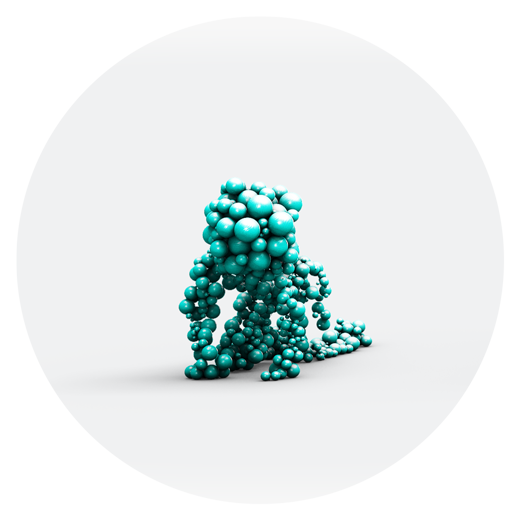
Babies & Young children
The shaping of our microbiome starts at birth when the baby can be seeded with bacteria from the mother and the surrounding environment. During the first months of life, bifidobacteria tend to dominate the microbiota, but many fluctuations are seen. The microbiome has been shown in some studies to be closely linked to the infant’s immune, metabolic, and neurological programming, which may affect the health and well-being of the child, from birth to adulthood.
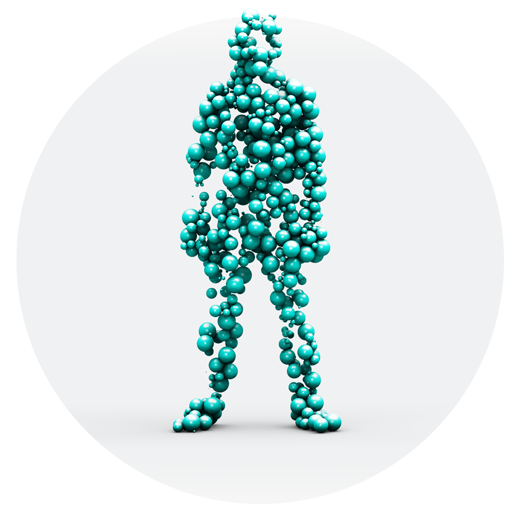
Adult
In adults, the microbiome is fully established and is usually characterized by a great richness and diversity of bacteria. Each individual has their own microbiota profile. The adult microbiome has been linked closely with many aspects of an individual’s health, including maintaining normal function of both the gastrointestinal and immune systems. The adult microbiome is relatively stable, but is sensitive to lifestyle factors such as diet, stress, or antibiotic use, to name just a few.
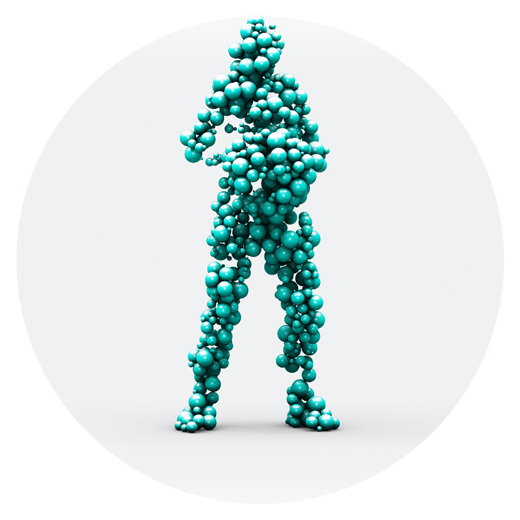
Pregnant
During pregnancy, progesterone levels increase dramatically and this hormone reduces gut bacterial diversity and actually stimulates bifidobacteria and other types of bacteria. Bacteria from the mother help seed the infant microbiome during vaginal birth and breastfeeding.
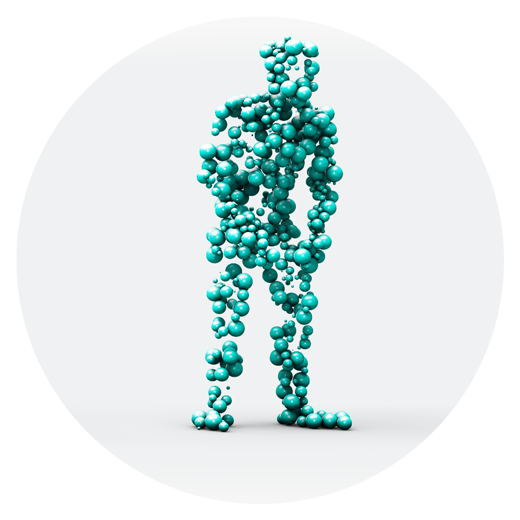
Elderly
The gut microbiota of elderly subjects is characterized by a reduced bacterial diversity, shifts in the dominant species, and a decline in beneficial microorganisms such as lactobacilli and bifidobacteria. These changes are the result of a gradual process associated with changes in the gut, as well as dietary patterns.
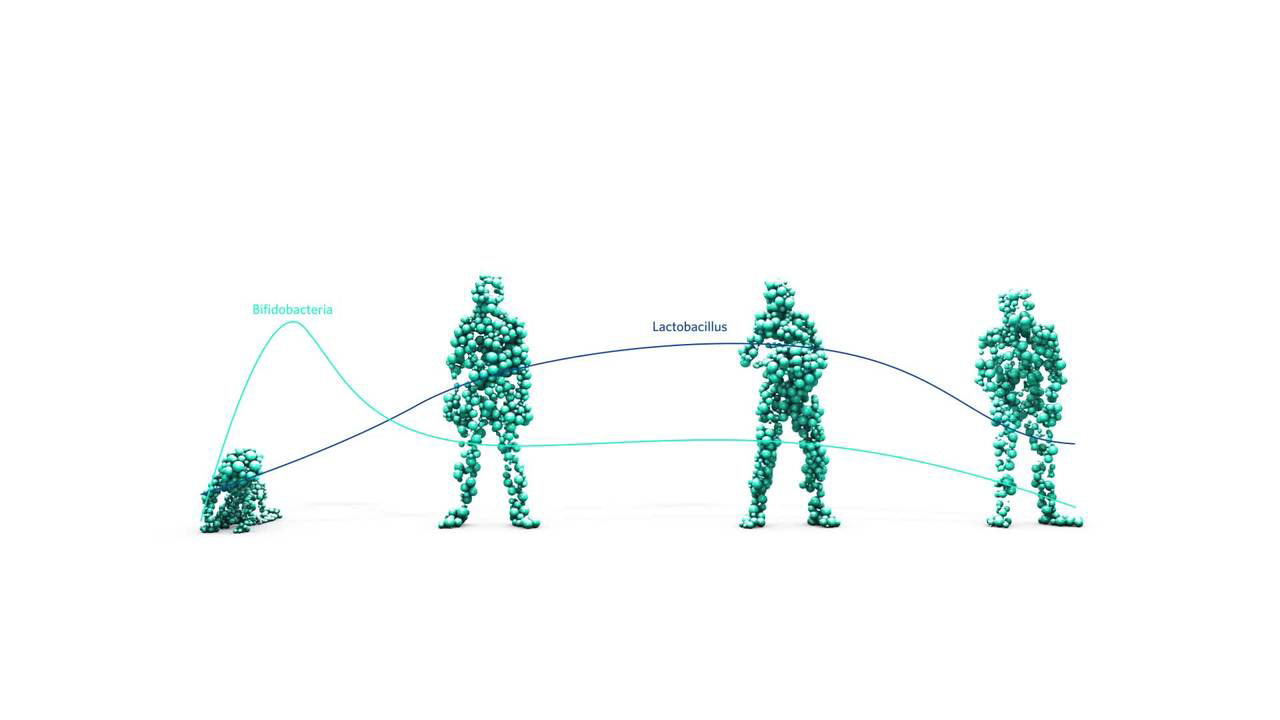
The shaping of our microbiome starts at birth when the baby can be seeded with bacteria from the mother and the surrounding environment. During the first months of life, bifidobacteria tend to dominate the microbiota, but many fluctuations are seen. The microbiome has been shown in some studies to be closely linked to the infant’s immune, metabolic, and neurological programming, which may affect the health and well-being of the child, from birth to adulthood.
In adults, the microbiome is fully established and is usually characterized by a great richness and diversity of bacteria. Each individual has their own microbiota profile. The adult microbiome has been linked closely with many aspects of an individual’s health, including maintaining normal function of both the gastrointestinal and immune systems. The adult microbiome is relatively stable, but is sensitive to lifestyle factors such as diet, stress, or antibiotic use, to name just a few.
During pregnancy, progesterone levels increase dramatically and this hormone reduces gut bacterial diversity and actually stimulates bifidobacteria and other types of bacteria. Bacteria from the mother help seed the infant microbiome during vaginal birth and breastfeeding.
The gut microbiota of elderly subjects is characterized by a reduced bacterial diversity, shifts in the dominant species, and a decline in beneficial microorganisms such as lactobacilli and bifidobacteria. These changes are the result of a gradual process associated with changes in the gut, as well as dietary patterns.


